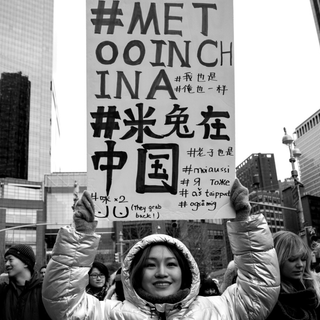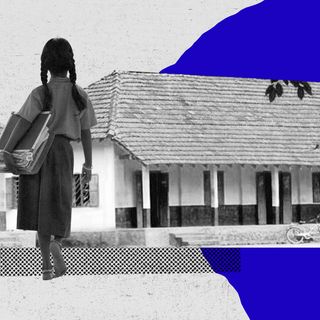The Odisha Human Rights Commission (OHRC) passed an order on Monday directing the Bhubaneswar Municipal Corporation (BMC) to provide food and ration to the commercial sex workers amid the Covid19-prompted lockdown — irrespective of whether or not they have ration cards.
The human rights body issued the directive while hearing a petition filed by Madhyam Foundation and Mahila Adhikar Abhiyan. The petition highlighted the financial plight of commercial sex workers amid the lockdown that has severely impacted their source of livelihood. With their exclusion from social protection responses by civic bodies, they were left particularly vulnerable. Taking this into account, the OHRC has specified in its order that the BMC must strictly adhere to the directive, and present a compliance report, detailing the steps it has taken to help the sex workers, by June 18.
“Here in India, prostitution has neither been declared as legal nor illegal. That’s the reason why the sex workers are suffering a lot. During the lockdown while we had gone to distribute relief among them we were shocked to see their plight. Most of the workers don’t have ration cards. They don’t have any home or identity here. They have come from Bangladesh and other parts of the state. They are poor. The government should immediately conduct a survey and provide them ration,” Namrata Chadda, former member of Odisha State Commission For Women, and current chairperson of Mahila Adhikar Abhiyan, who led the petition, told The Telegraph.
Related on The Swaddle:
Bihar Is Distributing Condoms to Migrant Workers. But What About Food and Jobs?
All women account-holders under the Pradhan Mantri Jan Dhan Yojana are supposed to receive cash transfers of INR 500 per month for the next three months. But, this remains inaccessible to the sex workers since very few of them have Jan Dhan accounts, or even government-issued IDs. In fact, activist Anil Dhir has written to state authorities amid the health crisis to convert their existing bank accounts, if any, into Jan Dhan accounts citing the community’s loss of income that has pushed the sex workers into devastating deprivation under lockdown.
“For the last three months no customer has visited the area. Whatever little we had is finished now. Even we don’t have money to meet our emergency needs. We don’t even get two square meals a day. We don’t know how long this is going to continue,” Rani Dash, a sex worker from Bhubaneshwar, said. Chadha added that the core clientele of the sex workers in Odisha comprises migrant workers, who have been among the worst hit by the lockdown. So, even if social distancing norms begin to cease any time in the near future, the community would have lost its most frequent clients.
Earlier this year, the Global Network of Sex Work Projects and UNAIDS had released a report on the hardship and discrimination faced by sex workers worldwide during the pandemic, and appealed to countries to ensure that their human rights are protected. And while the order by the OHRC is definitely a step in the positive direction, there is still a lot to be done to address the plight of sex workers under lockdown, especially in terms of access to healthcare, which is absolutely imperative amid a global health crisis — more so, when the squalor that most are forced to live in, doesn’t even let them practice social distancing effectively.




